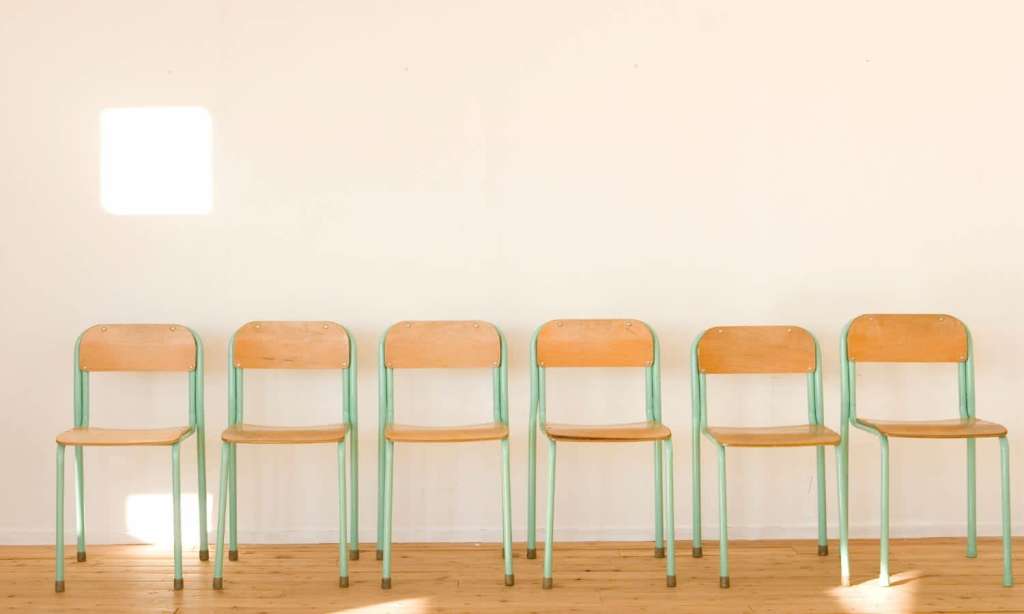Loneliness was experienced by many people pre-pandemic, but it has skyrocketed in the last few months. And, it can have a very real effect on your health. According to The New York Times, feeling isolated can even impact your life expectancy.
“The impact of social isolation and loneliness on longevity equals that of smoking 15 cigarettes a day and exceeds the risks associated with obesity, excessive alcohol consumption and lack of exercise,” Jane E. Brody wrote for the Times.
“Advice to avoid Covid-19 through social distancing can, for many people, increase the risk of physical and emotional harm from inadequate social contact.”
Loneliness and isolation can also have a massive impact on your mental health. In March alone, crisis support hotline Lifeline experienced a 20% increase in calls. According to Triple J, the number of calls received was higher than when the bushfires were taking place.
“The summer period is usually the busiest time of year for Lifeline, with an average of 2,500 calls per day. During the bushfire crisis, the number of calls increased to an average of 2,750 a day. In the last two weeks that has risen again to 3,000 calls a day.”
On March 29, the Australian Government announced that it had allocated $74 million for mental health services that are struggling to provide support due to increased demand. Within this money includes $10 million for Beyond Blue to create a coronavirus wellbeing helpline, the ABC has reported.
Beyond Blue has experienced a similar increase in people reaching out to them for support.
“The financial pressure, losing a job or a small business owner shutting down something they have put a lot of effort into building up and having to farewell staff that feel like a second family for them, that is all putting extraordinary pressure on people,” Julia Gillard, chair of Beyond Blue, said on ABC News Breakfast this morning.
“People are catastrophising the future and they can’t see a way out. We are trying to get the message to people, that there is some things you can do to manage your mental health. We do have to remember that this is a period of time, that is not going to be forever.”
To fill the hole of physical presence, we have to make an effort to stay connected in other ways. And, it doesn’t have to be overly complicated.
Pick up the phone
Making a call to see how someone is doing goes a long way, especially right now. And, it doesn’t have to be a mammoth catch-up, it can simply be a quick check-in.
“It’s not about finding more time, it’s about making the time we have available better quality,” Dr. Vivek H. Murphy, the former surgeon general of the United States, told the Times.
“Eliminate distractions when talking — no multitasking. A five-minute conversation when you have someone’s full attention can make a big difference to how a person feels.
“The sound and tone of a person’s voice provide rich input into how someone is doing. Videoconferencing is even better. It most replicates direct contact because you can actually see each other.”
Offer help, if you can
Providing a helping hand, if you have the time, energy and capacity can be extremely rewarding, especially at the moment.
“Helping another person can be an incredibly powerful experience that not only forms a connection between people but also reaffirms to ourselves that we’re bringing value to the world,” Dr. Murphy told the Times.
“Reach out to your neighbours and ask how they’re doing, how you can assist in a big or small way. Many people will be struggling during this crisis. They won’t have the help they need, the income or emotional support to get through it.”
Ask for help
If you’re feeling super lonely and it’s affecting your mental health, reach out to a support service for help. For crisis support, you can call Lifeline on 13 11 14. This service is available seven days a week, 24 hours a day. You don’t need to suffer in silence.
If you or anyone you know is struggling and needs support, call Kids Helpline on 1800 55 1800 or Lifeline on 13 11 14, both of which provide trained counsellors you can talk with 24/7. You can also speak with someone confidentially at Headspace by calling 1800 650 890 or chat online here.
Or, if you just want to have a chat across Instagram with someone, share a few memes back and forth, DM The Latch team on Instagram, we’re always here for a chat.
The current health crisis is evolving rapidly. If you suspect you or a family member has coronavirus you should call (not visit) your GP or ring the national Coronavirus Health Information Hotline on 1800 020 080.







